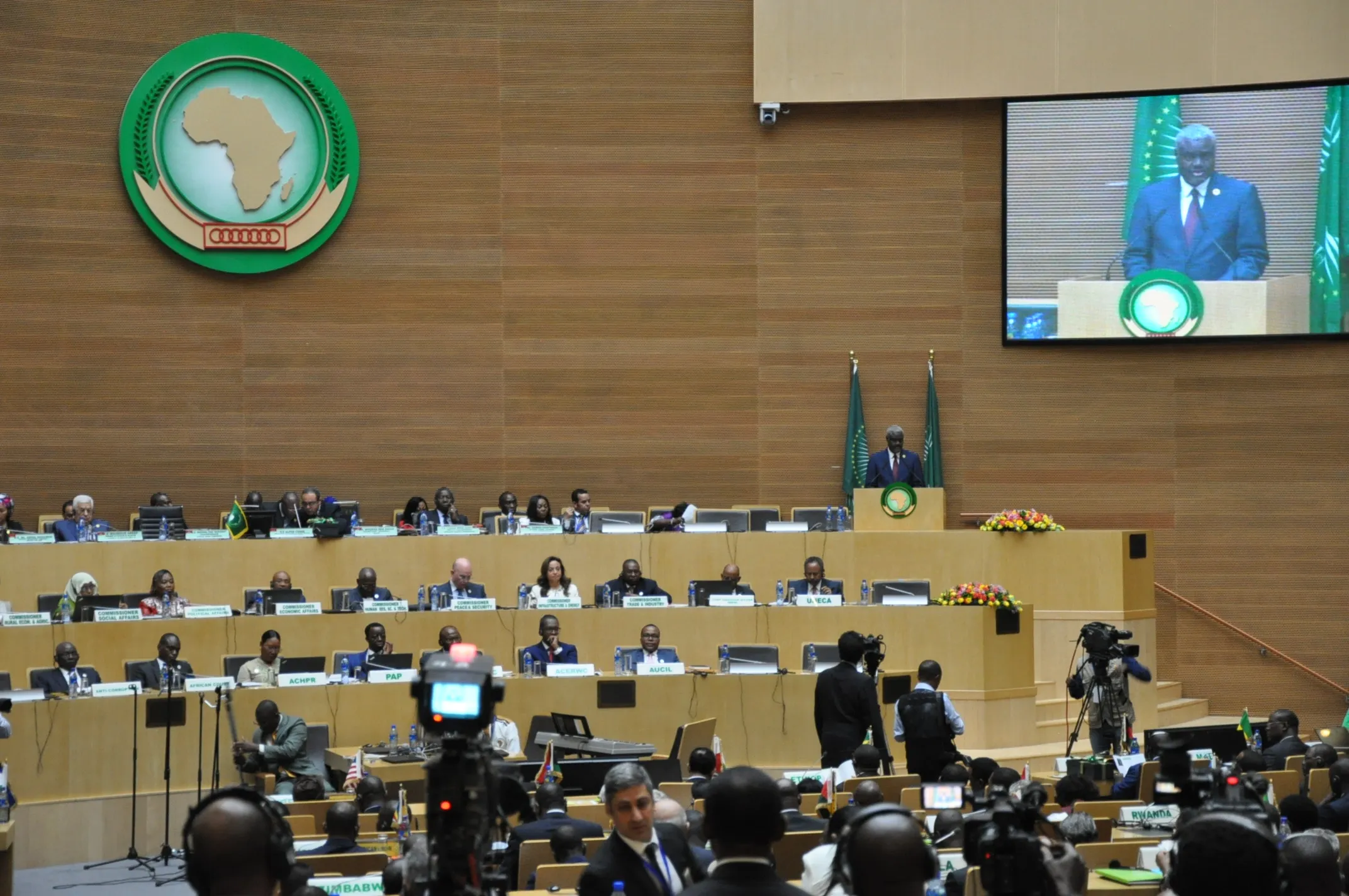The African Union (AU) has challenged Nigerians to explore the growing global market for animal feed valued at $1 billion.
This is to enable the country to increase meat, eggs, and milk consumption to meet global nutrition targets set out by the Food and Agriculture Organisation (FAO) and World Health Organisation (WHO).
The Project Coordinator of the Resilient African Feed and Fodder Systems (RAFFS) Project, Dr. Sarah Ossiya, highlighted the significant potential of the global animal feed market at the Agric Summit Africa/InterAfrican Bureau for Animal Resources (AU-IBAR) Webinar.
She emphasised that this market presents valuable economic opportunities for Nigerian farmers, agribusinesses, and related industries.
By tapping into the global animal feed market, she noted that Nigeria can leverage its agricultural resources to generate substantial economic benefits. This includes creating new avenues for farmers to sell their products internationally, fostering growth in the agribusiness sector, and supporting the development of associated industries such as transportation, processing, and distribution.
She noted that there was an increased demand for animal-sourced food production and consumption. According to her, the African market for animal-sourced foods is substantial, estimated at $75 billion.
In 2007, she noted that the market size was estimated at $51 billion.
By 2050, she indicated that it is forecasted to reach $151 billion, indicating a substantial growth trajectory over the coming decades.
The growth of the animal-sourced food market, she continued, presented opportunities for the agricultural sector and the broader economy, highlighting the importance of investing in livestock production, feed and fodder systems, and value chain infrastructure.
She, however, lamented that the low capacity of the current unstructured feed and fodder sector within the country has indeed posed significant challenges in providing adequate supply for the livestock sector.
“Assuming only 10per cent of grain production in Africa is for livestock (16per cent of livestock requirements). Therefore, 83 percent must be imported to meet livestock requirements,” she said.
She indicated that Africa’s livestock sector is endowed with a third of the global livestock herd, making it a significant player in the agricultural landscape.
“It generates 24 per cent of the continent’s agricultural gross domestic product(GDP), and as much as 50 to 73 per cent in at least 10 per cent of the countries,” she added.
Director, Animal Husbandry Services, Federal Ministry of Agriculture and Rural Development, Mrs Winnie Lai-Solarin, said the government is paying increased attention to ensuring the quality and sufficient quantity of feed and fodder.
This, according to her, was crucial for enhancing livestock productivity, as well-fed animals are healthier and more productive.
The livestock sector, she noted, was being positioned to be a good source of income for farmers .
According to her, the government is paying more attention to ensuring quality and sufficient quantity of feed and fodder have a greater impact on increasing livestock productivity. She listed projects such as Livestock Productivity and Resilience Support Project (L-PRES), National Dairy Development Programme (NDDP), National Animal Identification and Traceability System (NAITS) and National Livestock Breed Improvement Programme (NALBIP). These interventions, according to her, collectively aim to drive growth in the livestock sector by addressing key areas such as productivity, resilience, disease management, traceability, and breed improvement.


